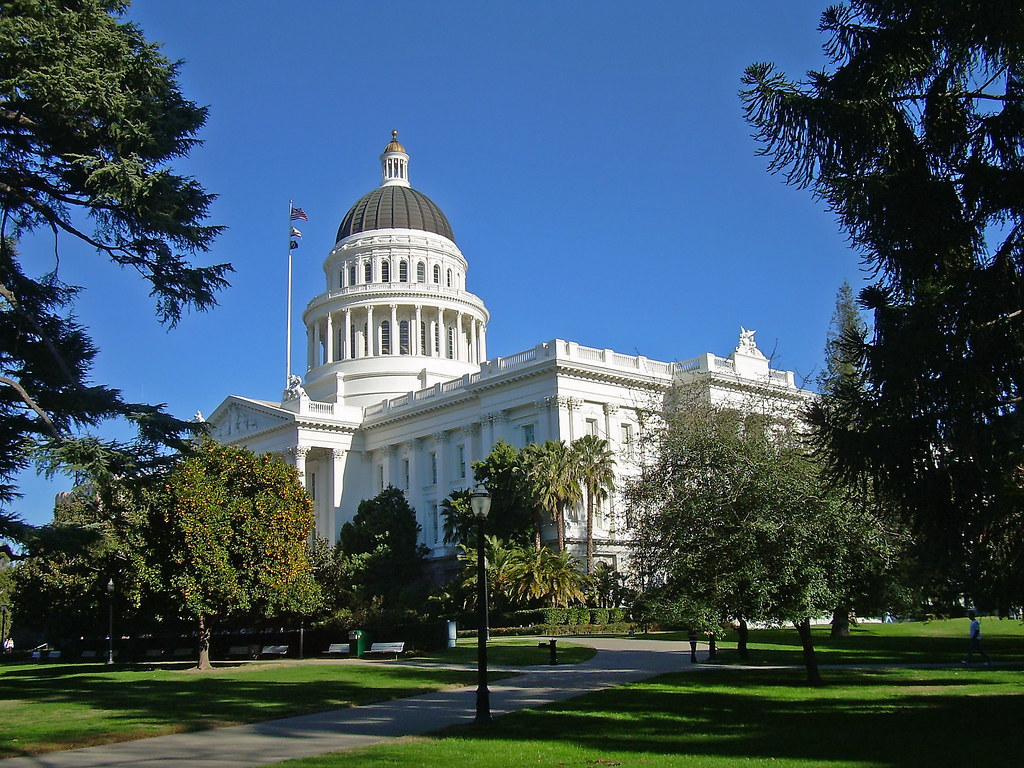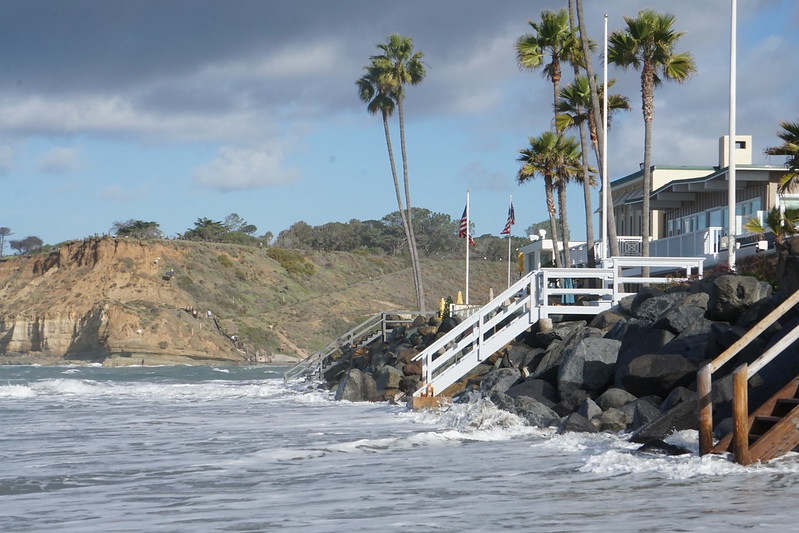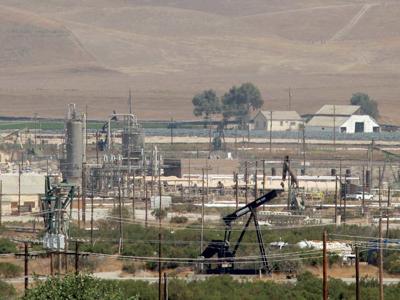California
California is Suing Big Oil Thanks to Journalism
California’s climate and consumer protection lawsuit against Big Oil was made possible by the past work of journalists. What’s the state of climate journalism now?
The state of California has joined the party. By “party” I mean the increasingly ambitious climate liability litigation against Big Oil. And when California shows up at the party, the volume goes way up. There’s already been a lot of smart analysis on the legal arguments (including by UCLA’s Cara Horowitz here). I’d like to …
Continue reading “California is Suing Big Oil Thanks to Journalism”
CONTINUE READINGWhy is there a Carrot Boycott in Cuyama Valley?
Small farmers and rural residents are calling for a boycott against Bolthouse and Grimmway Farms. Here’s what it says about California’s effort to manage groundwater.
When California lawmakers enacted the Sustainable Groundwater Management Act in 2014, it was an effort to tame the wild, wild west of water. Nearly a decade later, there’s been some progress creating local sustainability plans, but Big Ag corporations are still hogging water and bullying smaller groundwater users. Look no further than the fight heating …
Continue reading “Why is there a Carrot Boycott in Cuyama Valley?”
CONTINUE READINGGovernor Gavin Newsom announces he will sign landmark climate disclosure bills SB 253 and SB 261!
SB 261 first proposed and drafted by CLEE Climate Risk Initiative
Breaking news! Governor Gavin Newsom just announced on stage at New York Climate Week that he will sign both of the landmark greenhouse gas emissions and climate risk disclosure bills, #SB253 (Wiener) and #SB261 (Stern), the later of which was first proposed and then drafted by our Climate Risk Initiative at the Center for Law, …
CONTINUE READINGCalifornia Passes Landmark Corporate Climate Transparency Bills
SB 253 and SB 261 would be first-in-the-nation laws meant to pull back the curtain on emissions and climate risks.
After a hard-fought battle, the California Legislature passed the second of two nation-leading corporate climate accountability bills yesterday afternoon. The bills, SB 253 and SB 261, are important transparency measures that would, for the first time, allow Californians to meaningfully assess the carbon footprint of thousands of companies—and what those companies plan to do about …
Continue reading “California Passes Landmark Corporate Climate Transparency Bills”
CONTINUE READINGHow to Address Sea Level Risks in California Real Estate Transactions
A new UCLA report recommends policies to improve California’s real estate hazard disclosure laws to inform potential buyers of serious sea level rise risks.
It’s an increasingly common sight on California’s coast: beach houses being swallowed by the rising sea. The threat of flooding and erosion is increasing throughout the United States as a warming atmosphere makes precipitation events more extreme and contributes to sea level rise. In fact, the U.S. coastline is projected to see an average of …
Continue reading “How to Address Sea Level Risks in California Real Estate Transactions”
CONTINUE READINGIncome-Based Electric Bills: Fact and Fiction
California is in the process of making income-graduated fixed rates a part of ratepayers’ electric bills. This is the first post in a series that follows that proceeding.
Under new legislation, California is moving to a novel system that includes income-based fixed charges for electricity. Some critics contend that this is a giveaway to incumbent utilities. It’s not. Others have implied that the charges reflect new costs to ratepayers on top of existing rates. This is also not accurate. There are, however, important …
Continue reading “Income-Based Electric Bills: Fact and Fiction”
CONTINUE READINGGood News! Policymakers ARE Embracing E-Bikes
You wouldn’t know it from reading the New York Times, but cities and states are innovating to get people out of cars and on e-bikes. Is California falling behind?
After reading the recent (and very dumb) New York Times expose by Matt Richtel on e-bikes, you’d be forgiven for mistaking electric-assist bicycles for the next big threat to human health. But 3 other news stories about the benefits, and growing pains, of e-bikes show there’s real interest in them as a climate solution. Rather …
Continue reading “Good News! Policymakers ARE Embracing E-Bikes”
CONTINUE READINGCalifornia Supreme Court Rules County Ordinance Limiting Oil & Gas Development Preempted by State Law
Court Decision May Well Be Correct as a Matter of Law, But Represents Outdated & Unsound Public Policy
Last week, the California Supreme Court unanimously ruled that a local initiative measure that would have imposed severe restrictions on oil and gas development in Monterey County is preempted by state law and therefore invalid. The decision came in the case of Chevron U.S.A., Inc. v. County of Monterey. The Supreme Court’s ruling was predictable, …
CONTINUE READINGE-bikes are a Climate Solution – Not a Menace
News stories that frame the rise of e-bikes as one big safety risk are not only short-sighted, they could lead to bad policy.
There’s a dangerous new mobility trend on American streets that’s captured the attention of the New York Times: e-bikes. Or so the Times, and some other media outlets, are suggesting with their editorial choices. “The e-bike industry is booming, but the summer of 2023 has brought sharp questions about how safe e-bikes are, especially for …
Continue reading “E-bikes are a Climate Solution – Not a Menace”
CONTINUE READINGGovernor Newsom’s CEQA Bills Could Be a Modest Step in the Wrong Direction
Governor Newsom’s CEQA trailer bills probably won’t do much. But his heavy-handed rhetoric foreshadows a larger anti-CEQA push that should worry communities that rely on California’s premier public participation statute.
Speaking to Ezra Klein in late June, Governor Gavin Newsom hearkened back to the California of the 1950s and 1960s: “People are losing trust and confidence in our ability to build big things. People look at me all the time and ask, ‘What the hell happened to the California of the ‘50s and ‘60s?’” Governor …
Continue reading “Governor Newsom’s CEQA Bills Could Be a Modest Step in the Wrong Direction”
CONTINUE READING












